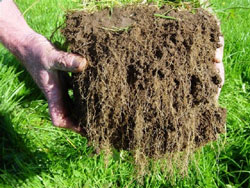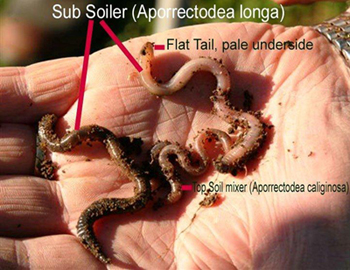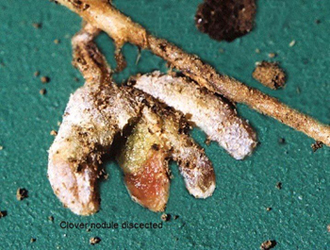About Nutri-Link
The Natural Capital of any farm is the quality and health of the soil, plant, and the animal. The Fertility of any farm is the total mass of soil biology, mineral, plant and animal. The relationship between these “fertility” factors, will determine the productive potential and profitability of a farm.
The management of the above, with climatic factors, is what makes farming a vocation of high skills and learning from experience.
Nutri-Link advisors assist each farmer to determine limiting factors that may be corrected, and / or where good practice may be fine tuned.
Management of all the above along with climatic factors determine the productivity of a farm.
Nutri Link advisors assist each farmer to determine which limiting factors may be enhanced, to maximise their productivity and financial return from their Natural Capital and Fertility.




